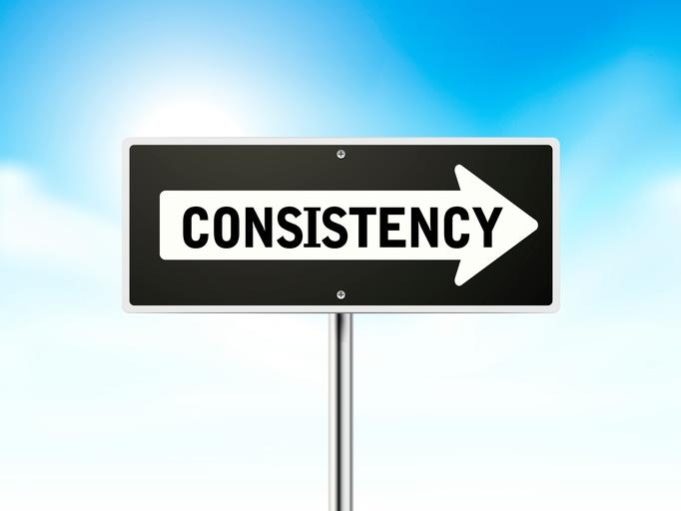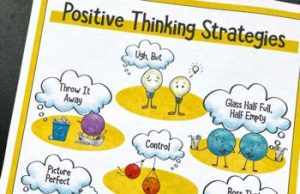In a world characterized by ceaseless change and relentless pace, the pursuit of a balanced life often feels like chasing a mirage on the horizon. Yet, amid the chaos, a simple, age-old principle emerges as a potential beacon of hope: consistency. Like the steady rhythm of ocean waves or the reliable tick of a clock, consistency holds the promise of stability and harmony. But is it truly the key to a balanced life, or merely an illusion of control in an unpredictable world? This article delves into the nuanced role of consistency, exploring its potential to anchor us amidst life’s tempests and its limitations in a universe that thrives on unpredictability. Join us as we unravel the threads of routine and spontaneity, seeking the delicate balance that so many of us yearn to achieve.
The Science Behind Consistency and Its Impact on Well-being
Consistency is more than just a buzzword; it’s a cornerstone of effective habit formation and plays a significant role in enhancing overall well-being. Scientific studies have shown that consistent behaviors lead to the creation of neural pathways in the brain, reinforcing habits and making them more automatic over time. This automation reduces the cognitive load, allowing individuals to focus on more complex tasks without being overwhelmed by decision fatigue. In essence, consistency serves as the glue that binds our actions to our goals, fostering a sense of stability and control.
- Improved Mental Health: Regular routines provide predictability, which can reduce stress and anxiety.
- Enhanced Physical Health: Consistent exercise and dietary habits lead to better physical outcomes.
- Increased Productivity: Consistency in work habits enhances efficiency and effectiveness.
- Strengthened Relationships: Regular communication and engagement foster deeper connections.
By embedding consistency into daily life, individuals can create a balanced environment where personal and professional growth flourish. This balance is not about rigidity but rather about creating a flexible framework that adapts to life’s inevitable changes while maintaining core habits that promote health and happiness.
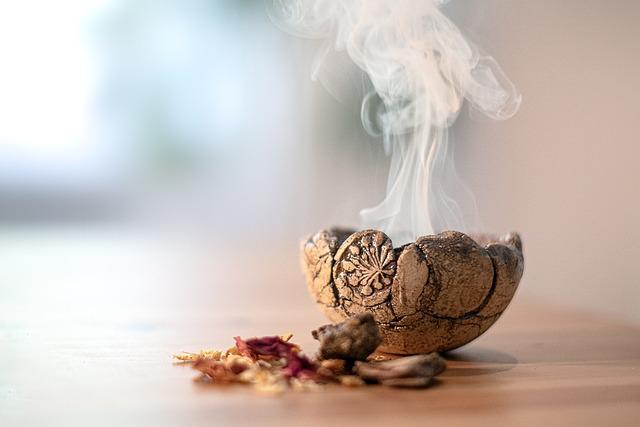
Crafting Daily Rituals for Long-term Success
In the hustle and bustle of modern life, the notion of crafting daily rituals can seem like a luxury, yet it is a cornerstone for achieving sustainable success. These rituals, unlike rigid schedules, offer a gentle structure that supports your aspirations and well-being. They are personal, reflective practices that anchor you amidst the chaos, fostering a sense of balance and purpose. Consistency is the thread that weaves these rituals into the fabric of our lives, transforming fleeting intentions into enduring habits.
- Morning Mindfulness: Begin your day with a few moments of reflection or meditation, setting a calm and focused tone.
- Intentional Breaks: Throughout your day, incorporate short, purposeful pauses to recharge and refocus your energy.
- Evening Reflection: End your day by jotting down thoughts or practicing gratitude, reinforcing a positive mindset.
By consistently engaging in these practices, you cultivate a rhythm that aligns with your goals, nurturing both personal and professional growth. This steady cadence not only enhances productivity but also enriches your mental and emotional resilience, paving the way for a balanced and fulfilling life.
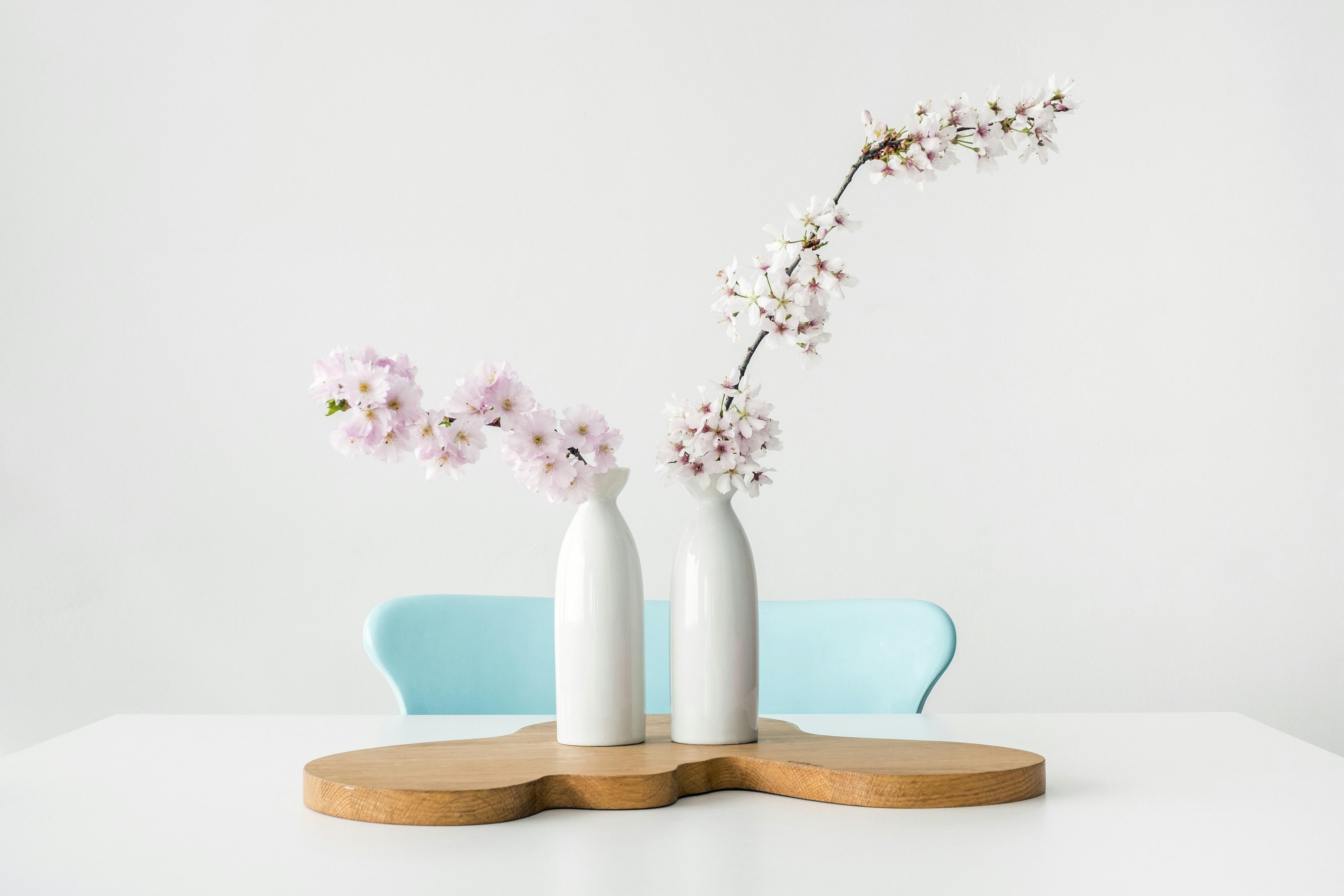
Balancing Flexibility with Routine for a Harmonious Life
In our quest for a balanced life, the interplay between flexibility and routine is crucial. While routines provide structure, enabling us to manage our time efficiently and achieve our goals, flexibility allows us to adapt to life’s unpredictable nature. The key lies in finding a middle ground where both elements coexist harmoniously. Consider incorporating the following practices:
- Set core routines: Identify essential tasks that require consistency, such as exercise, meals, or work hours. These provide a foundation of stability.
- Embrace spontaneity: Allow room for impromptu activities or breaks. Flexibility can foster creativity and reduce stress.
- Adjust as needed: Life is dynamic, and so should be your schedule. Regularly reassess your routines to ensure they align with your current priorities.
By blending the predictability of routines with the freedom of flexibility, you create a lifestyle that supports both productivity and personal growth. This balanced approach not only helps in managing daily responsibilities but also nurtures a sense of fulfillment and well-being.
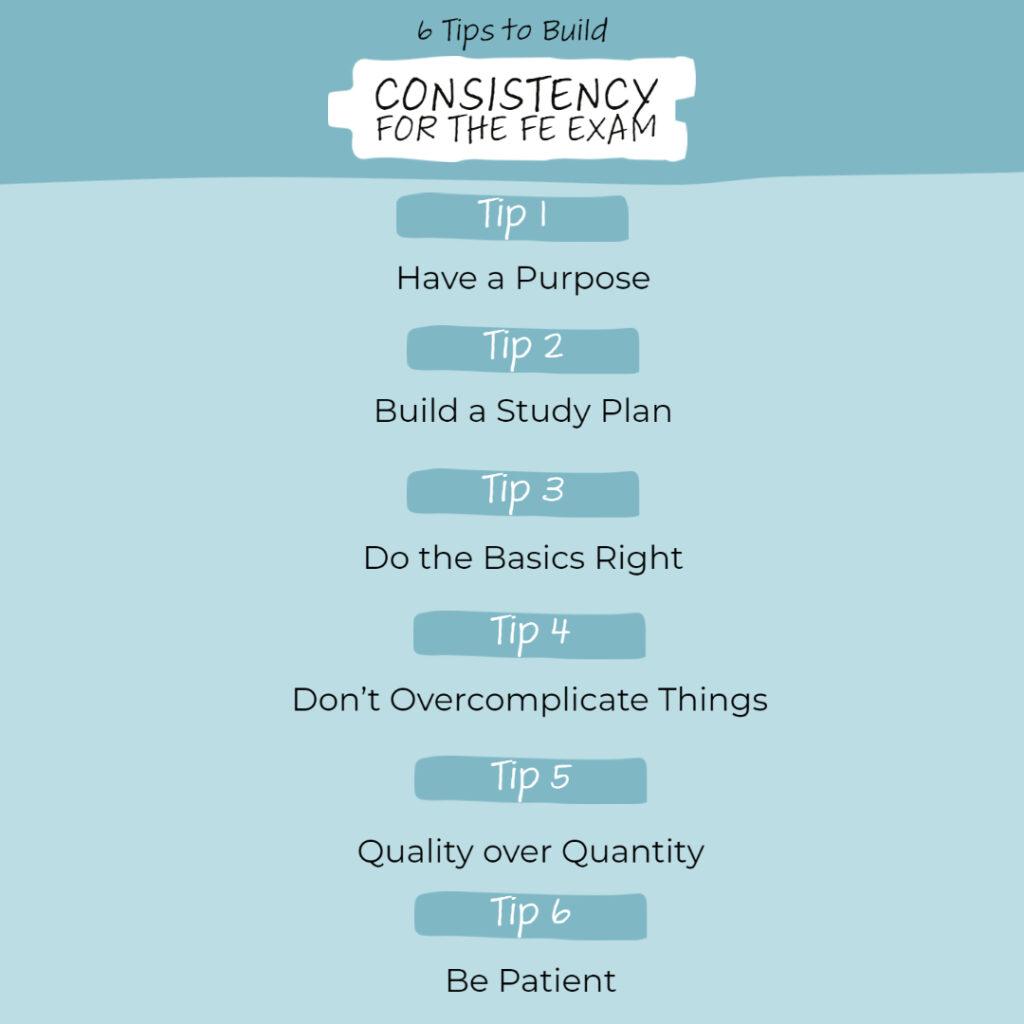
Practical Tips for Maintaining Consistency Without Stress
Achieving consistency doesn’t have to be a stressful endeavor. Here are some practical tips to help you maintain it effortlessly:
- Set Realistic Goals: Start small and gradually increase your targets. This helps in building confidence and reducing overwhelm.
- Create a Flexible Schedule: While it’s important to have a routine, allow room for adjustments. Flexibility reduces pressure and makes it easier to adapt to unexpected changes.
- Prioritize Self-Care: Regular breaks and downtime are essential. A refreshed mind is more capable of maintaining consistency.
- Use Tools and Reminders: Leverage apps and tools to keep track of your tasks and goals. Visual reminders can be powerful motivators.
- Celebrate Small Wins: Recognize and reward your progress. This boosts morale and keeps you motivated.
By integrating these strategies into your daily routine, you can sustain a balanced life with minimal stress, allowing consistency to become a natural part of your lifestyle.





















